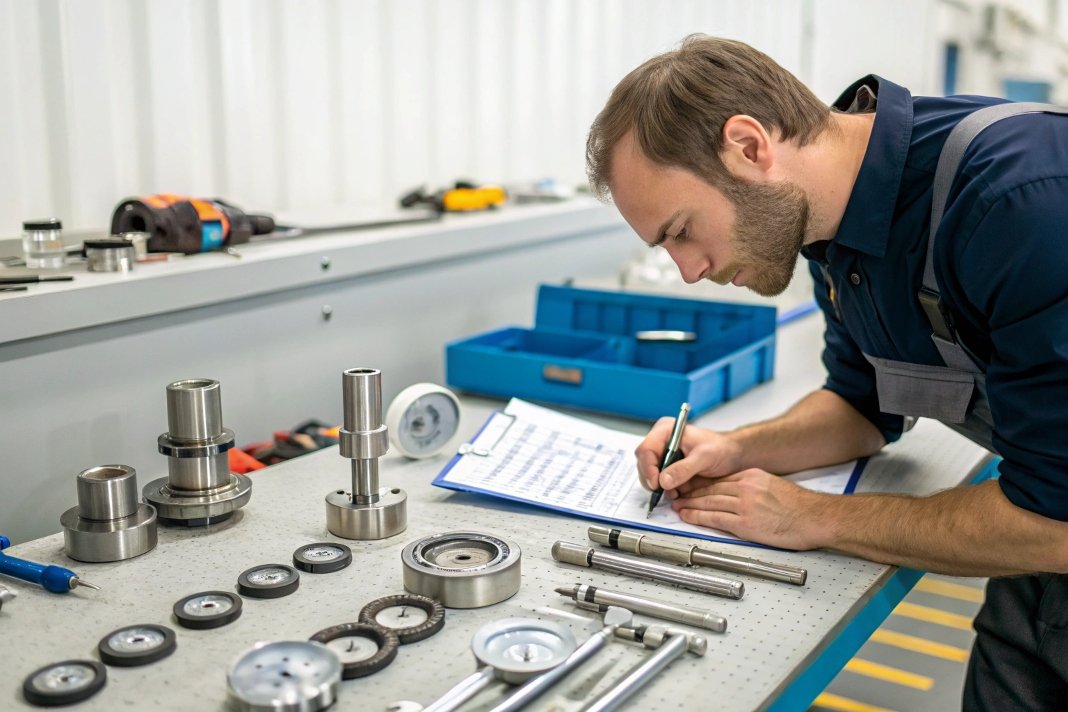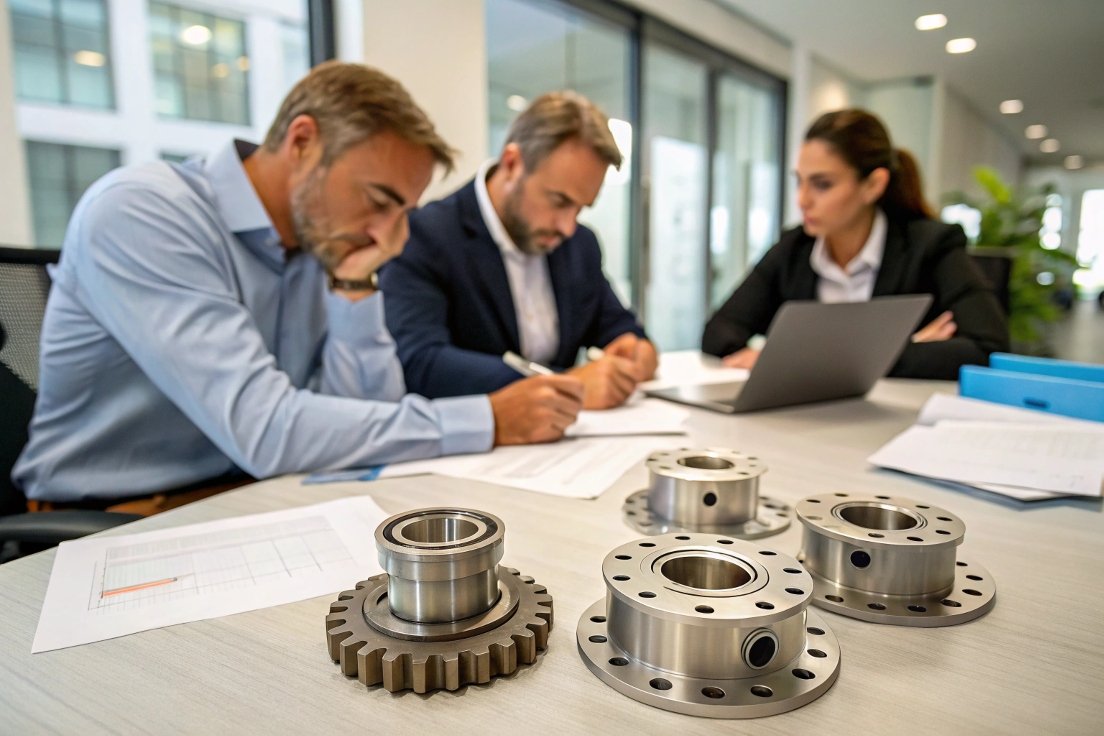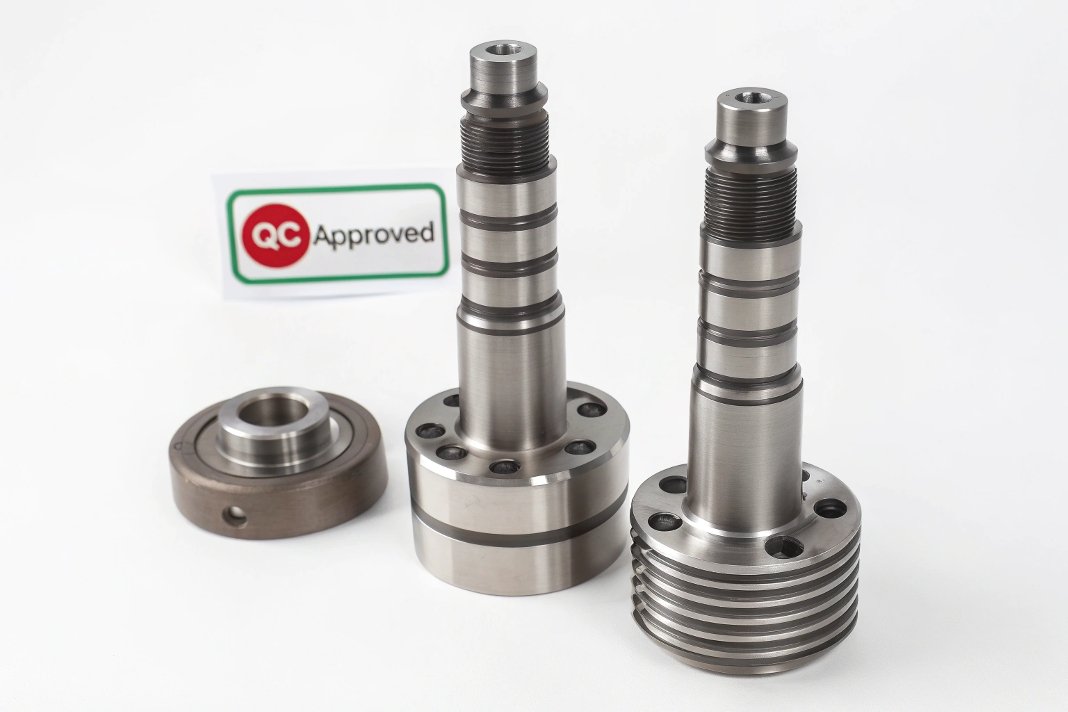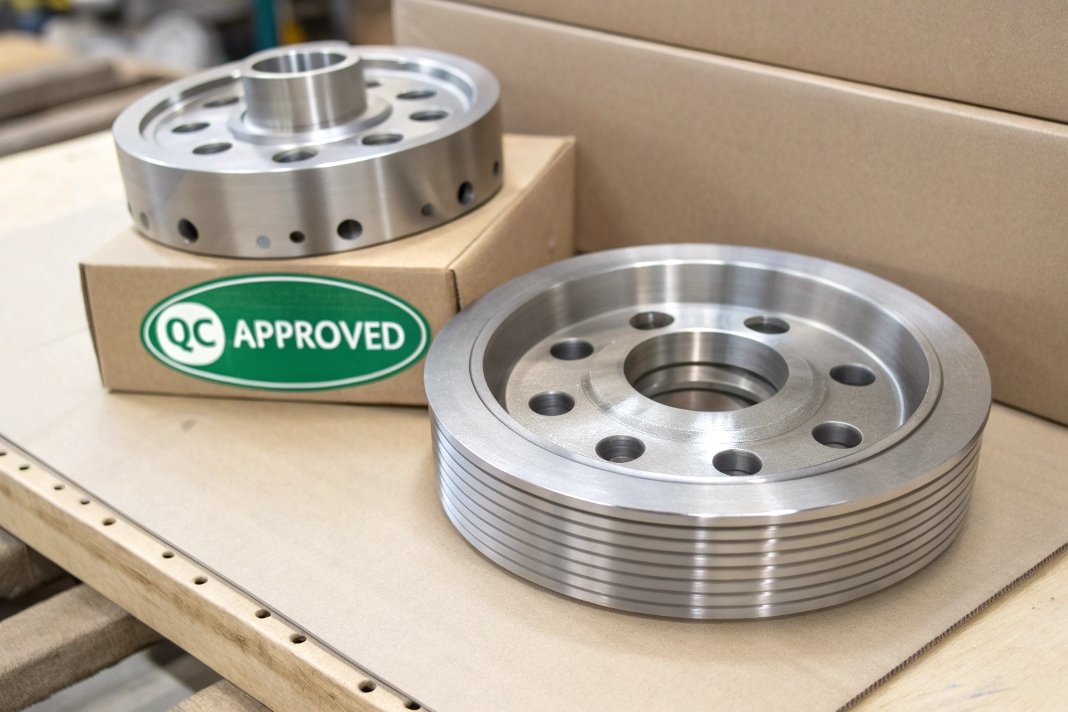
When I first started sourcing custom parts, I didn’t fully appreciate the importance of quality control (QC) services. At the time, I focused primarily on cost and lead times, which led me to overlook the long-term impact of working with suppliers who didn’t prioritize quality. Over the years, I’ve learned that quality control is a non-negotiable aspect of custom parts manufacturing. Without it, you’re taking a risk with your product’s reliability, which can lead to costly mistakes down the line.
Avoiding suppliers who don’t offer quality control services is crucial for minimizing risks and ensuring consistent, reliable custom parts. Suppliers who lack QC services can negatively impact your product’s quality, leading to higher costs and longer lead times in the future.
In this article, we’ll explore why it’s important to avoid suppliers without QC services, the risks of working with such suppliers, how QC services improve reliability, and why you must prioritize rigorous QC standards when selecting a supplier.
What Are the Risks of Working with Suppliers Who Lack Quality Control?

Suppliers who don’t offer quality control services1 expose you to significant risks. Without QC, there’s a higher likelihood of defective parts, delayed shipments, and unforeseen costs. These risks can severely impact your product quality and overall operations.
Risks of Working with Suppliers Who Lack Quality Control
| Risk | How It Affects Your Business |
|---|---|
| Defective Parts | Without quality checks, defective parts2 may slip through, leading to costly returns and product failures. |
| Increased Costs | Non-compliant parts may require rework, resulting in additional costs that were not initially accounted for. |
| Delivery Delays | Problems with quality can delay production, causing delays in product launches and customer satisfaction. |
| Damaged Reputation | If you receive poor-quality parts, it reflects badly on your business, damaging customer trust and long-term success. |
| Compliance Issues | Without proper QC, custom parts might not meet industry standards, leading to compliance violations and legal consequences. |
The Impact of Poor QC
Working with suppliers who lack proper QC services can lead to repeated failures, higher operational costs, and a damaged reputation. I’ve seen firsthand how these issues can derail an entire project. It’s far better to invest in suppliers who can guarantee quality upfront rather than dealing with the aftermath of poor-quality parts.
How Can Quality Control Services Improve the Reliability of Your Custom Parts?

Quality control services ensure that each custom part meets the required specifications and performance standards, reducing the chances of defects and improving the overall reliability of your parts.
Benefits of Quality Control in Custom Parts Manufacturing
| Benefit | How It Improves Custom Parts Reliability |
|---|---|
| Consistent Quality | QC services ensure that every part is consistently manufactured to the same high standard, ensuring reliability. |
| Reduced Defects | Thorough inspections help catch defects early in the production process, leading to fewer faulty parts. |
| Compliance with Standards | Suppliers with robust QC systems ensure that custom parts meet industry and regulatory standards. |
| Enhanced Traceability | Quality control systems track each part’s production, providing a detailed history that helps identify problems and improve future processes. |
| Cost Savings | By detecting issues early, QC reduces costly rework and the risk of defective parts reaching customers. |
Reliability and Peace of Mind
When you work with suppliers who offer quality control, you gain peace of mind knowing that your parts are reliable. For instance, in my experience, having a dedicated QC team ensures that any potential issues are identified and fixed before they become costly problems, helping to keep production on track.
Why Is It Essential to Choose a Supplier with Rigorous Quality Control Standards?

Choosing a supplier with rigorous QC standards is essential to ensure that the custom parts you receive are both reliable and compliant with your specifications. Rigorous QC guarantees that the supplier’s manufacturing processes are thorough, reducing the risk of defects and delays.
Importance of Rigorous QC Standards in Supplier Selection
| Reason | How It Ensures Better Custom Parts |
|---|---|
| Higher Product Consistency | Suppliers with rigorous QC standards consistently produce parts that meet exact specifications, reducing variability. |
| Fewer Returns and Complaints | A supplier with strong QC processes reduces the likelihood of defects, minimizing the risk of returns or customer dissatisfaction. |
| Stronger Industry Compliance | QC standards ensure that parts meet industry regulations, avoiding legal or compliance issues. |
| Faster Problem Resolution | Suppliers with QC processes in place can identify issues earlier and fix them before they affect delivery or quality. |
| Long-Term Partnerships | Suppliers who invest in quality control are committed to building long-term relationships based on reliability and trust. |
Ensuring Long-Term Success
When selecting a supplier, I’ve learned that it’s critical to evaluate their QC practices thoroughly. Suppliers with rigorous QC standards help avoid headaches down the road by ensuring that your parts are consistently high quality. This also strengthens your ability to meet deadlines and manage customer expectations effectively.
Conclusion
Choosing a supplier who offers quality control services is vital to ensuring the reliability and performance of your custom parts. Without proper QC, you risk defective parts, delays, and unnecessary costs. By selecting a supplier with strong QC standards, you can mitigate these risks, improve part reliability, and build a strong foundation for long-term success.

